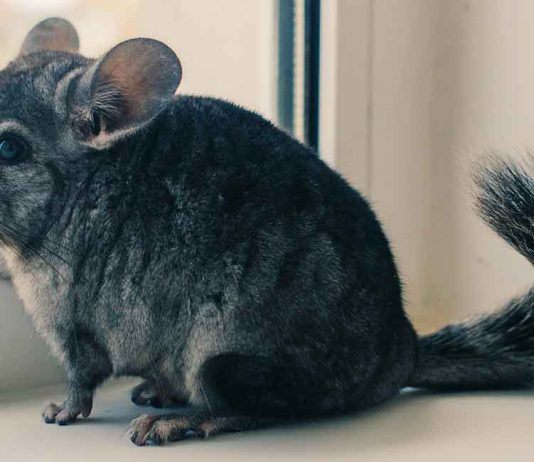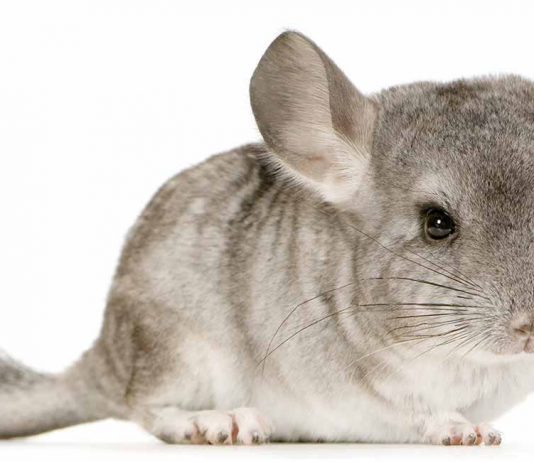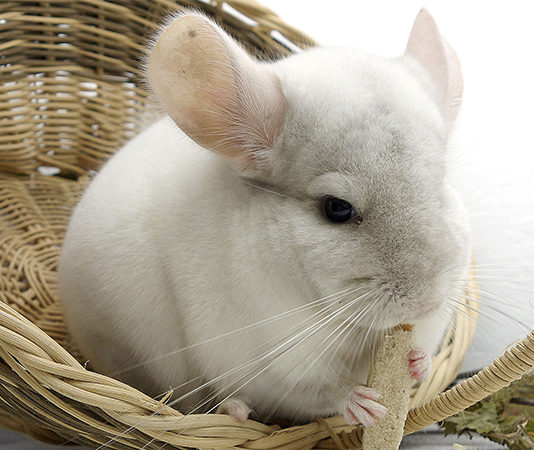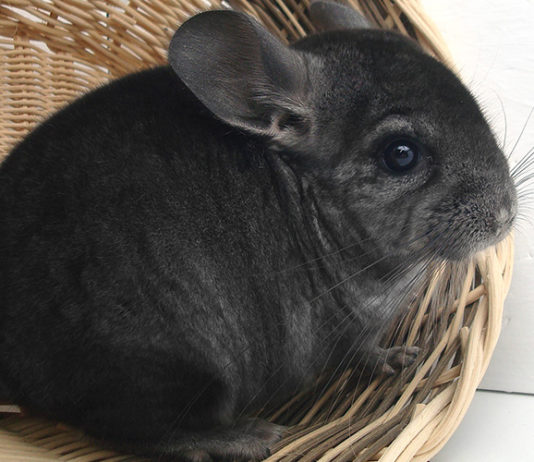Sapphire chinchillas are extremely adorable and beautiful creatures.
Their silvery-gray color has become more and more popular since it first arose years ago.
But, besides their beautiful coloring, what really distinguishes a sapphire chinchilla from others?
Are they just a different coloration, or do they have other differences, such as health or...
Check out these adorable chinchilla names! We’ve catalogued over 100 good chinchilla names for you to choose from. We'll give you top tips for choosing the right name, and inspiration for coming up with unique ideas of your own.
Naming your chinchilla
Chinchillas are wonderful pets to have. They grow to...
Welcome to our complete guide to chinchillas as pets.
If you’ve wandered into a pet store and spotted a medium-sized rodent with large ears reminiscent of Mickey Mouse and a squirrel-like tail, then you’ve probably seen a chinchilla before.
And if you’ve seen a chinchilla before, you may have considered purchasing...
Are you thinking of buying a chinchilla, or do you want to know more about the chinchilla you own? In this article we will take a look at a common chinchilla question – where do chinchillas come from?
Although they aren’t the most common pet, you’ve probably seen a chinchilla...












